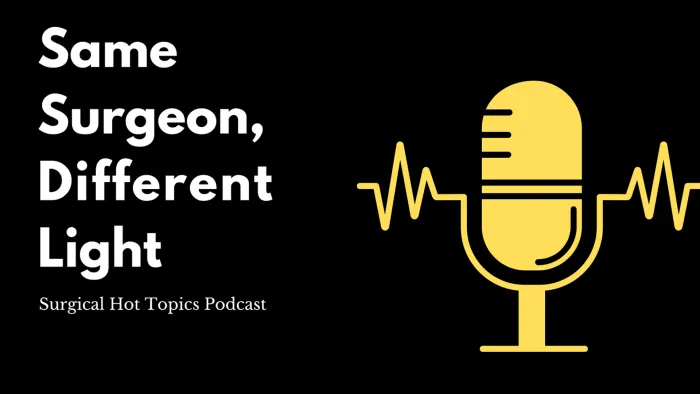Described as the “embodiment of the academic quadruple threat—with excellence in clinical work, research, education, and leadership,” Dr. Wood is considered a giant in cardiothoracic surgery who is responsible for building a world-class Center of Excellence in thoracic surgery at the University of Washington.
